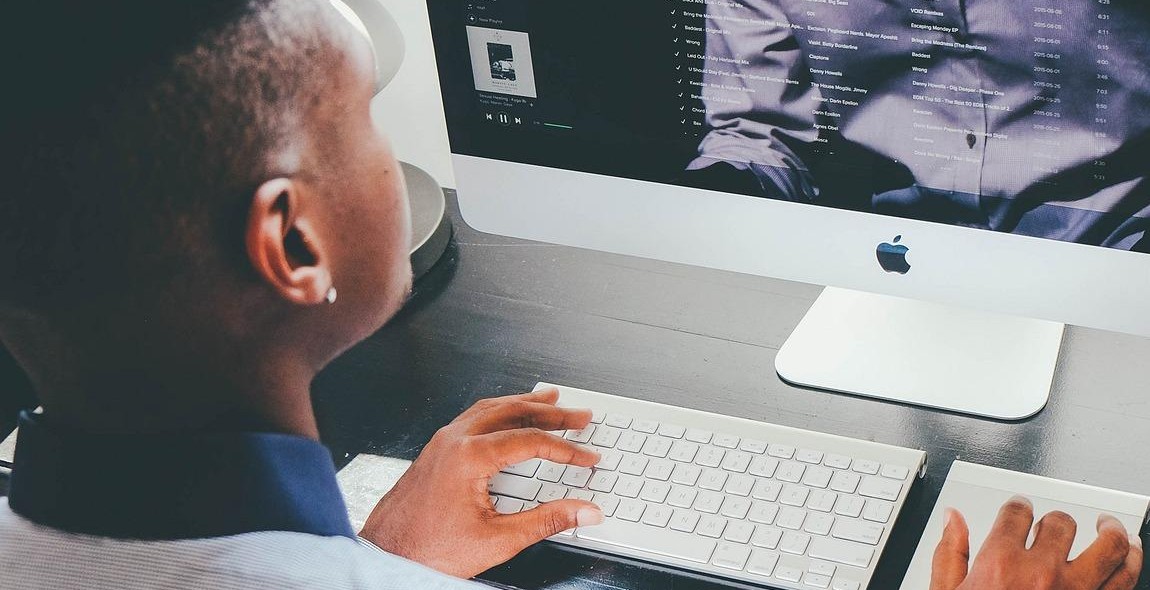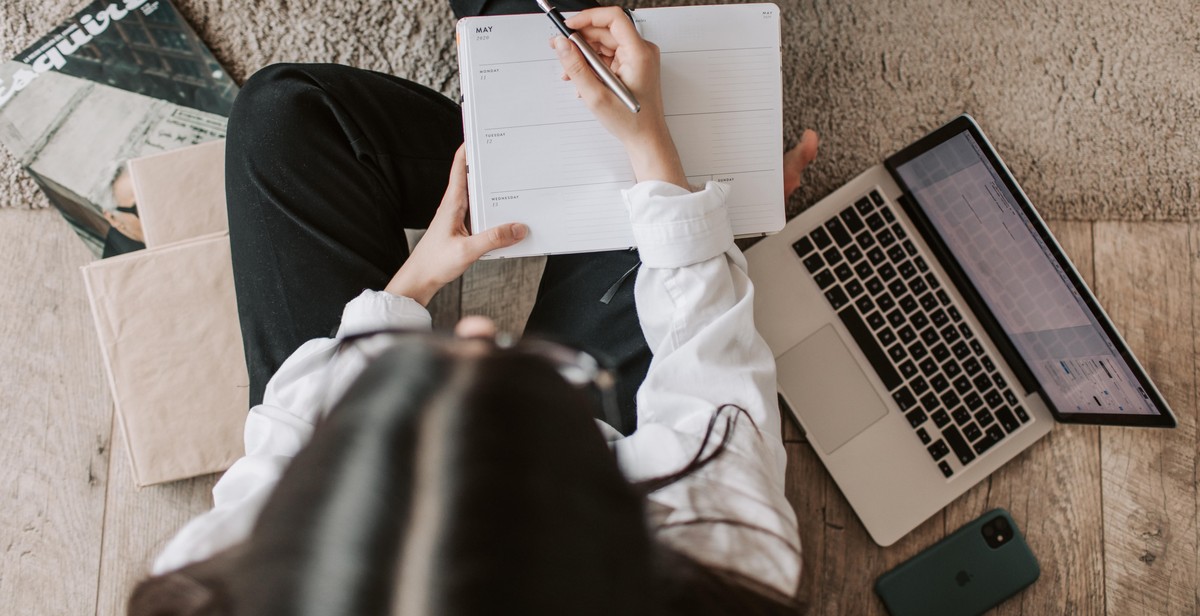Introduction: How to Develop Effective Study Techniques for Students
As a student, your success in academics largely depends on your ability to study effectively. However, many students struggle with finding the right study techniques that work for them. Developing effective study techniques is crucial for achieving academic success and ensuring a bright future.
Why Developing Effective Study Techniques is Important for Students
Effective study techniques help students to comprehend and retain information better, improve their memory and concentration, and ultimately perform better in exams. Students who develop effective study techniques are better equipped to handle the demands of higher education and the workforce.
Studies have shown that students who use effective study techniques are more likely to achieve better grades, have a higher retention rate, and experience less stress and anxiety compared to those who do not. Additionally, developing effective study techniques helps students to become more organized, disciplined, and self-motivated, which are essential skills for success in any field.
Whether you are a high school student preparing for college or a college student seeking to improve your grades, developing effective study techniques is a vital step towards achieving your academic goals. In this article, we will explore some of the best study techniques that can help you to study effectively and achieve academic success.

Understand Your Learning Style
Every student has a unique way of processing and retaining information. Understanding your learning style can help you develop effective study techniques that work best for you.
What are the Different Learning Styles?
According to research, there are three primary learning styles:
- Visual learners: These learners process information best through visual aids such as diagrams, charts, and images.
- Auditory learners: These learners prefer to learn through listening, whether it be through lectures, discussions, or audio recordings.
- Kinesthetic learners: These learners learn best through hands-on activities and movement. They enjoy activities such as experiments, role-playing, and simulations.
How to Determine Your Learning Style
There are several ways to determine your learning style:
| Learning Style | Indicators |
|---|---|
| Visual Learners | Prefer to read, watch videos, and use visual aids to learn |
| Auditory Learners | Prefer to listen to lectures, discussions, and podcasts to learn |
| Kinesthetic Learners | Prefer to participate in hands-on activities and experiments to learn |
Once you have determined your learning style, you can tailor your study techniques accordingly. For example, visual learners may benefit from creating mind maps or using flashcards, while kinesthetic learners may prefer to take breaks and engage in physical activity during study sessions.

Create a Study Plan
When it comes to effective studying, having a study plan is essential. A study plan helps you stay organized and on track with your studies. It ensures that you cover all the necessary topics and have enough time to review and practice what you have learned. Here’s why you need a study plan:
Why You Need a Study Plan
- Time Management: A study plan helps you manage your time effectively. You can allocate specific time slots to different subjects and topics, ensuring that you have enough time to cover everything.
- Goal Setting: A study plan helps you set goals and objectives for your studies. You can break down your goals into smaller, achievable tasks and work towards them systematically.
- Accountability: A study plan helps you stay accountable to yourself. It ensures that you are making progress towards your goals and that you are not falling behind on your studies.
How to Create an Effective Study Plan
Creating an effective study plan is not difficult. Here are some steps to follow:
- Assess Your Goals: Determine what you want to achieve through your studies. Set specific, measurable goals that you can work towards.
- Identify Your Priorities: Determine which subjects and topics are most important to you. Allocate more time to these areas.
- Break it Down: Break down your goals into smaller, achievable tasks. This will make them more manageable and less overwhelming.
- Create a Schedule: Create a schedule that includes specific study times for each subject and topic. Stick to your schedule as closely as possible.
- Review and Adjust: Regularly review your study plan and adjust it as necessary. This will help you stay on track and make progress towards your goals.
Remember, an effective study plan is one that is tailored to your specific needs and goals. Take the time to create a plan that works for you and stick to it. With a little planning and organization, you can achieve great success in your studies.

Get Organized for Effective Studying
Being organized is crucial to success in any endeavor, and studying is no exception. Without proper organization, students may find themselves struggling to keep up with assignments, deadlines, and study materials. Here are some tips on how to get organized for successful studying:
Why Being Organized is Important for Effective Studying
Effective studying requires the ability to manage time, prioritize tasks, and stay focused. When students are disorganized, they may waste time searching for materials, forget important deadlines, and become easily distracted. Being organized helps students stay on track and reduces stress, allowing them to focus on learning and achieving academic success.
How to Get Organized for Studying
Getting organized for studying involves creating a system that works for you. Here are some steps to help you get started:
- Create a study schedule: Determine when you will study and for how long. This will help you manage your time effectively.
- Organize your study materials: Keep your notes, textbooks, and other materials in one place. Use folders or binders to keep them organized by subject.
- Use a planner: Write down important deadlines, assignments, and appointments in a planner or calendar. This will help you stay on top of your schedule.
- Remove distractions: Find a quiet, distraction-free space to study. Turn off your phone and other electronic devices to minimize interruptions.
- Take breaks: Take short breaks every hour or so to help you stay focused and avoid burnout.
By implementing these tips, students can create an organized and efficient study environment that promotes success and academic achievement.
Eliminate Distractions
Distractions are one of the biggest hurdles that students face when trying to study effectively. They can come in many forms, including social media, notifications, noise, and even your own thoughts. These distractions can make it hard to focus and retain information, leading to poor academic performance.
Why Distractions are Detrimental to Effective Studying
Distractions can have a significant impact on your ability to study effectively. They can interrupt your thought process, making it difficult to concentrate and remember information. They can also increase your stress levels, leading to feelings of overwhelm and anxiety. Furthermore, distractions can consume valuable study time, leaving you with less time to prepare for exams or complete assignments.
How to Eliminate Distractions While Studying
Eliminating distractions is key to developing effective study techniques. Here are some tips to help you stay focused:
- Find a quiet place to study, away from noise and other distractions.
- Turn off your phone or put it on silent mode to avoid notifications.
- Use noise-cancelling headphones to block out external sounds.
- Create a study schedule and stick to it, so you are less likely to be distracted by other tasks.
- Take breaks regularly to prevent fatigue and burnout.
By implementing these strategies, you can eliminate distractions and create a conducive environment for effective studying.

Take Breaks: The Importance of Rest in Effective Studying
As a student, it’s easy to fall into the trap of thinking that the more time you spend studying, the more productive you’ll be. However, research has shown that taking regular breaks is just as important as putting in the hours. Here’s why:
Why Taking Breaks is Important for Effective Studying
- Rest helps consolidate learning: Your brain needs time to process and store new information. Taking breaks gives your brain a chance to catch up and helps you retain what you’ve learned.
- Rest reduces fatigue: Studying for long periods can be mentally and physically exhausting. Taking breaks helps you recharge and stay focused.
- Rest improves creativity: Stepping away from your work for a few minutes can help you come up with new ideas and solutions to problems.
How to Take Breaks While Studying
Now that you know why breaks are important, here are some tips for incorporating them into your study routine:
- Set a schedule: Decide how long you’ll study for before taking a break. A common rule of thumb is to study for 25 minutes and then take a 5-minute break.
- Move your body: Take a walk, stretch, or do some light exercise to get your blood flowing and reduce stiffness.
- Do something enjoyable: Read a book, listen to music, or watch a funny video to give your brain a break from academic work.
- Avoid screens: Give your eyes a rest by avoiding screens during your break time.
Remember, taking breaks isn’t a sign of laziness – it’s a crucial part of effective studying. So, make sure to take care of yourself and take regular breaks to optimize your learning.
Use Active Learning Techniques
Active learning techniques involve engaging the mind and body in the learning process, as opposed to passive learning where students simply listen and absorb information. Active learning has been shown to be more effective in retaining information and improving academic performance. Here are some active learning techniques to use for effective studying:
1. Group Work
Working in groups allows students to engage in discussions, share ideas and knowledge, and learn from one another. This technique is particularly useful for subjects that involve problem-solving and critical thinking. Students can work together to solve problems and share their thought processes, leading to a deeper understanding of the material.
2. Mnemonics
Mnemonics are memory aids that help students remember information by associating it with something else. For example, the acronym HOMES can be used to remember the names of the Great Lakes (Huron, Ontario, Michigan, Erie, Superior). Mnemonics can be used for anything from vocabulary words to complex concepts.
3. Visualization
Visualization involves creating mental images to help understand and remember information. Students can create diagrams, flowcharts, and mind maps to visually represent concepts and information.
4. Active Reading
Active reading involves engaging with the material while reading. This can include underlining or highlighting important information, taking notes, and asking questions. Students can also summarize the material in their own words to ensure they have a solid understanding of the information.
5. Practice Testing
Practice testing involves actively recalling information by taking practice tests or quizzes. This technique helps students identify areas where they need to improve and reinforces the information in their memory.
By using active learning techniques, students can effectively retain information and improve their academic performance.

Conclusion
Developing effective study techniques is essential for students to achieve academic success. By following the tips mentioned in this article, students can improve their focus, concentration, and retention of information.
Firstly, it is important to create a study schedule that is realistic and achievable. This helps to ensure that students manage their time effectively and avoid procrastination. Secondly, students should create a suitable study environment that is free from distractions and conducive to learning. This could include finding a quiet place to study, using noise-cancelling headphones, or removing any potential distractions such as social media apps.
Thirdly, using active learning techniques such as summarizing, note-taking, and group discussions can help students retain and recall information more effectively. Fourthly, adopting healthy habits such as getting enough sleep, eating a balanced diet, and taking breaks can improve mental and physical well-being, which in turn enhances academic performance.
By incorporating these effective study techniques into their daily routine, students can improve their academic performance and achieve their goals.
- Create a realistic study schedule
- Create a suitable study environment
- Use active learning techniques
- Adopt healthy habits
Remember, developing effective study techniques is a process that requires time, effort, and discipline. By consistently implementing these techniques, students can improve their academic performance and achieve their full potential.
